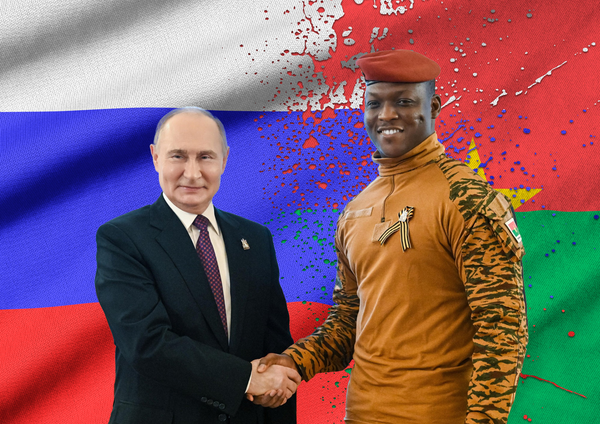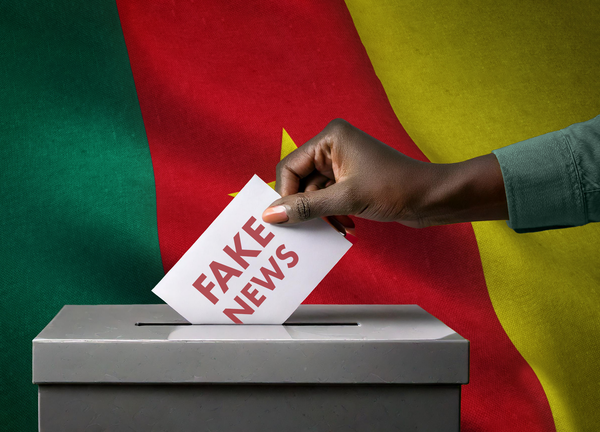Football, the most popular sport in Africa, is increasingly impacted by the spread of fake news. These false information, whether rumors of transfers, rigged matches or false declarations of players, have a destabilizing impact on clubs, players, supporters, and the sports economy.
Fake-News types in African football
Transfers and fictitious contracts
Players announced in major European clubs or so-called contracts signed with prestigious teams often make the headlines of social networks and unofficial sites. These false information can have serious consequences , both on players and on the clubs concerned. In 2021, a false transfer of the Ugandan player Emmanuel Okwi to a large English premier club circulated on social networks, creating a wave of speculation among the supporters. The player had to publicly deny the rumor after it generated false expectations.
Truck matches results
These false information often deepens that players or referees would have manipulated the results to promote a team. These unfounded accusations undermine the integrity of competitions and create distrust among supporters. Rumors of arranged matches circulated during the qualifications for the African Cup of Nations 2024, accusing the referees to influence the results.
False declarations of players and coaches
They aim to discredit players, coaches or managers, creating tensions within the teams and between the supporters. In 2020, a false statement awarded to the coach of a national team declaring that he "no longer believed in his players" circulated before an important match, creating troubles in the ranks of supporters.
Fake-News propagation channels
Fake News propagation channels in African football
Social networks, such as Facebook and Twitter , as well as instant messaging applications like WhatsApp , play a central role in the rapid dissemination of false information. The magnitude of this spread is such that it makes the verification of facts difficult, especially in the context of football, where rumors on transfers or rigged matches circulate without hindrance.
In addition, unofficial websites and blogs, often motivated by the sensational, publish news without verification, harming the credibility of sports journalists in Africa. Traditional media is not spared: under pressure, they sometimes relate unconfirmed information, with sometimes serious repercussions for clubs and players. The impact of these fake news is deep, creating tensions within the teams, manipulating the opinion of supporters and affecting the football economy, where club reputation is at stake, threatening essential financial partnerships.
Propagation of fake news: a scourge for African football
Digital platforms, in particular social networks like Twitter and messaging applications like WhatsApp, have become key vectors for disseminating false information . In the sporting field, notably African football, these channels quickly spread rumors of transfers or arranged matches, which complicates the task of the Fact-Checkers.
Non -official sites and unregulated blogs, attracted by the sensational, add to this phenomenon by publishing unbeknip content, thus weakening the credibility of sports journalism. Even the traditional media, under the pressure of the scoop, are sometimes led to disseminate erroneous information. This propagation of fake news has devastating effects, destabilizing teams, manipulating public opinion and generating significant economic losses, because the image of clubs and their ability to attract sponsors suffer.
Fake news is a growing threat to football, affecting teams, players, supporters and the sports economy. By educating supporters and implementing information verification tools, African federations, leagues and clubs can play a key role in the fight against this disinformation. For a sport as popular as football, the veracity of information is crucial in order to maintain the integrity of competitions and the confidence of fans
Article written by Charity Ani Kosisohukwu









